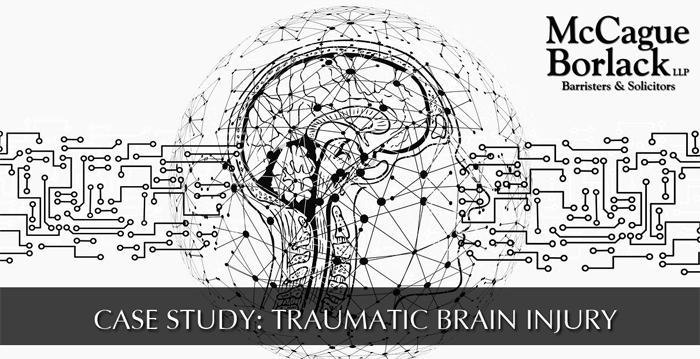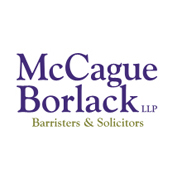By Alan Drimer
On November 29, 2021, the Ontario Superior Court of Justice released an important decision in Meade v. Hussein, 2021 ONSC 7850 regarding the use of single-photon emission computed tomography scans (“SPECT scans”). Justice Bale found that SPECT scans failed to meet the reliability foundation test for novel scientific evidence.
The plaintiff alleged that she sustained a traumatic brain injury as a result of a motor vehicle accident. On May 13, 2019, a well-known proponent of SPECT scans, Dr. Siow, conducted a SPECT scan on the plaintiff, concluding that it represented a “previous traumatic brain injury”.
Dr. Siow provided evidence that he performs 50 to 60 SPECT scans per month for a range of different purposes.
Dr. Mitchell, a specialist in neurology, provided evidence to the Court that the use of SPECT in the diagnosis of TBI is currently the subject of controversy and that there is no consensus in the medical or scientific community that SPECT is an accurate tool to diagnose TBI.
The Court considered two issues: whether Dr. Siow’s use of brain SPECT evidence in the case is “novel science” and if the evidence is “novel science”, has the reliable foundation test set out in R. v. J.-L.J., 2001 SCC 51 been satisfied?
The Court held that the use of SPECT scans was not novel in itself, however, the use of SPECT scans to diagnose TBI was – particularly where it is necessary to differentiate TBI from anxiety disorders and depression.
As the Court found that this was novel science, it had to consider whether the evidence tendered satisfied the reliable foundation test. In considering the same, the Court specifically considered the four factors set out in J. L.J., supra:
- whether the theory or technique can be and has been tested;
Dr. Siow conceded that his methodology has not been tested but argued that by its nature, it is not susceptible to testing.
- whether the theory or technique has been subject to peer review and publication;
Dr. Siow conceded that his work has not been published or peer-reviewed and that there are no peer-reviewed articles supporting his theory that at the individual patient level, brain SPECT can distinguish TBI from depression or anxiety disorders.
- whether there is a known or potential rate of error or the existence of standards to test the theory or technique; and,
There is no known or potential rate of error associated with Dr. Siow’s theory or technique. While there may be standards by which the theory technique could be tested, they have not been
- whether the theory or technique is generally accepted by the relevant scientific community.
Dr. Mitchell stated that the use of SPECT to diagnose TBI is not supported by the academic community represented by the teaching hospitals in the GTA, while Dr. Siow cited a number of articles that he says support the use of SPECT to diagnose TBI.
...the Court found that SPECT was inadmissible... |
On the totality of the evidence, the Court found that SPECT was inadmissible as it failed to satisfy the reliable foundation test for novel scientific evidence set out in J. L.-J, supra.
The use of SPECT scans has seen a large uptick not only in tort actions, but within the accident benefits world, as to satisfy definition of “catastrophic impairment” under Criterion 4, an applicant must show positive findings from a medically recognized brain diagnostic technology.
There has no doubt been considerable debate among the medical and legal community as to the use of SPECT scans at trial and/or within the Licence Appeal Tribunal, however, the door appears to be shut, for now.


